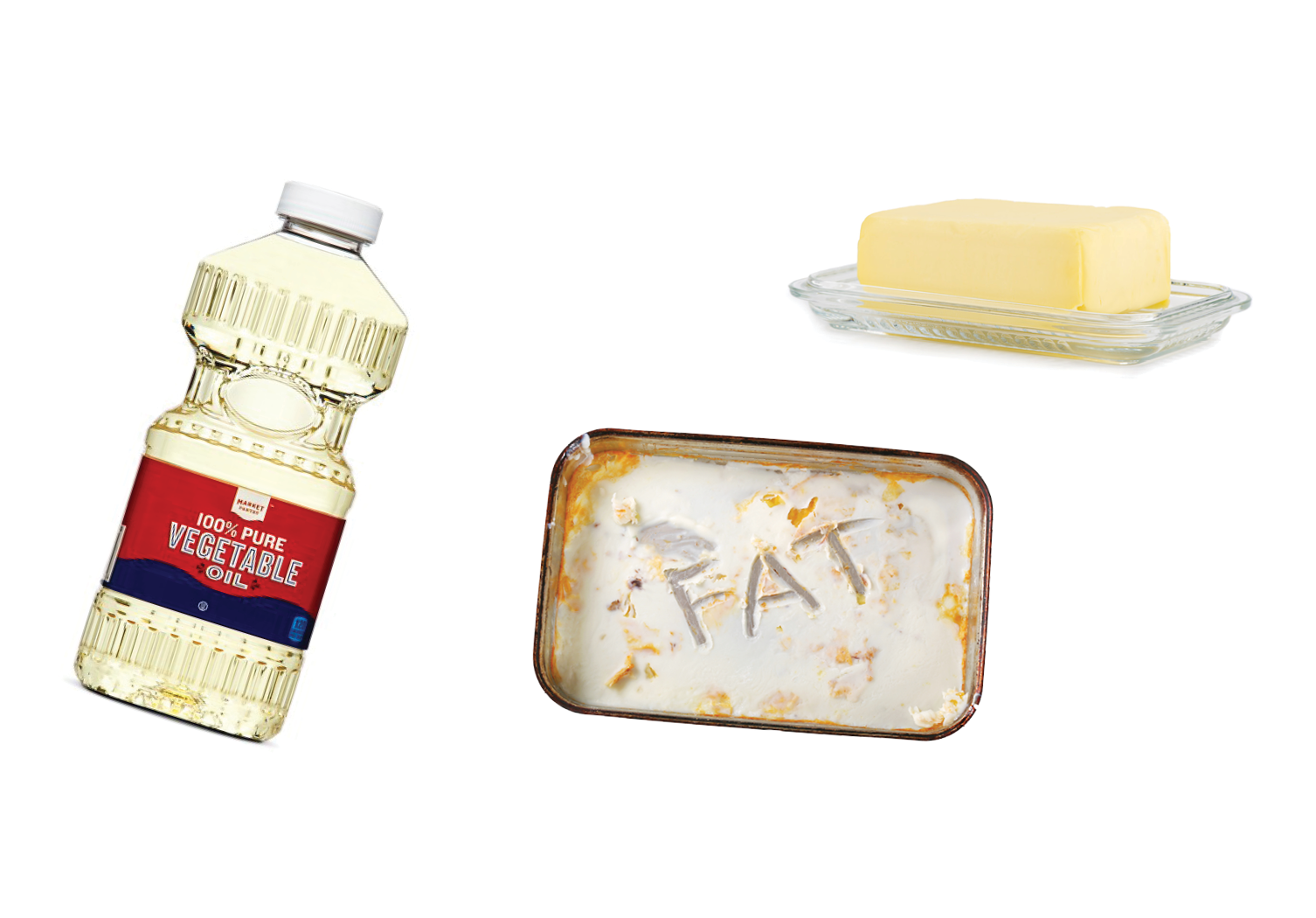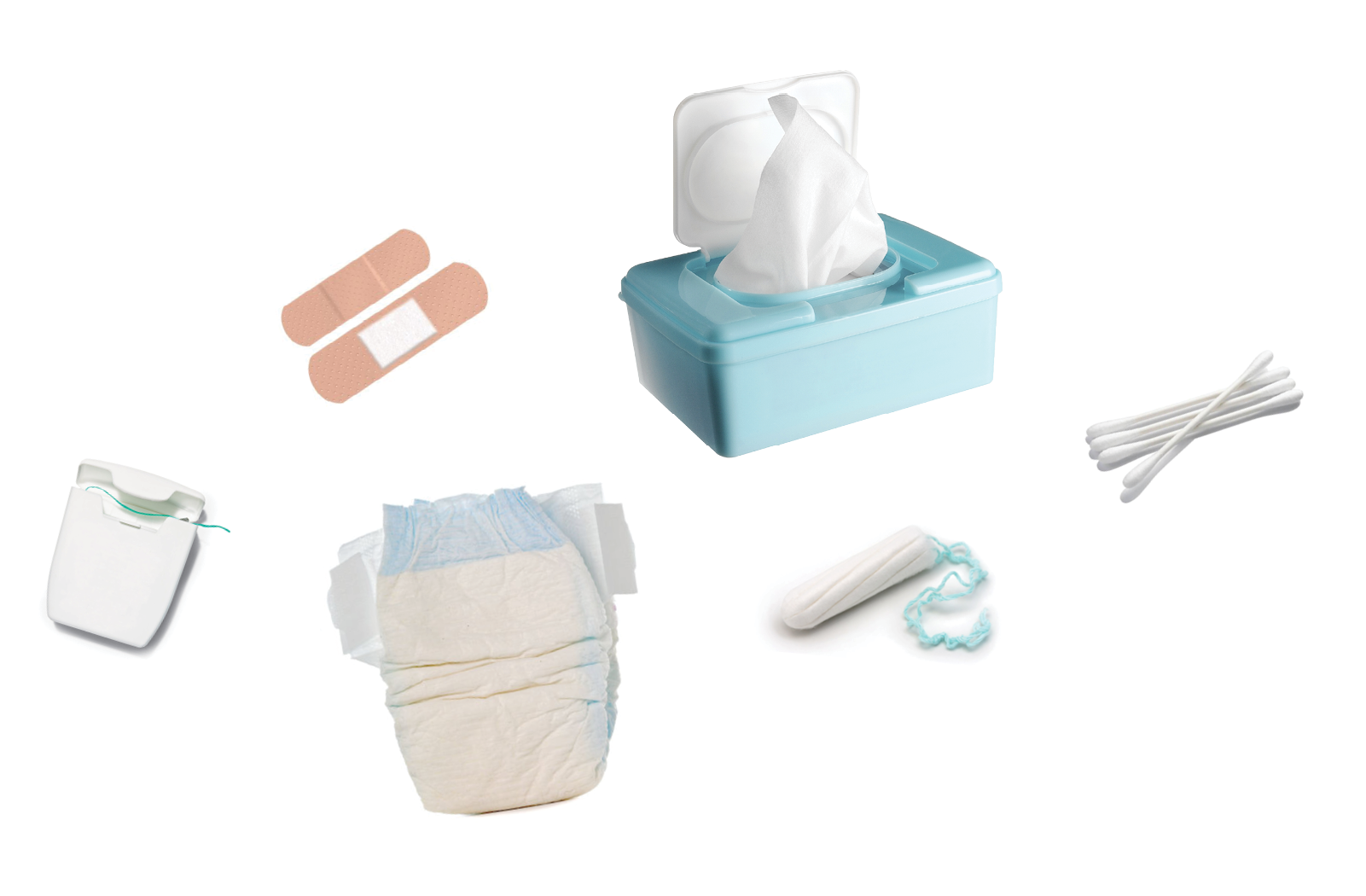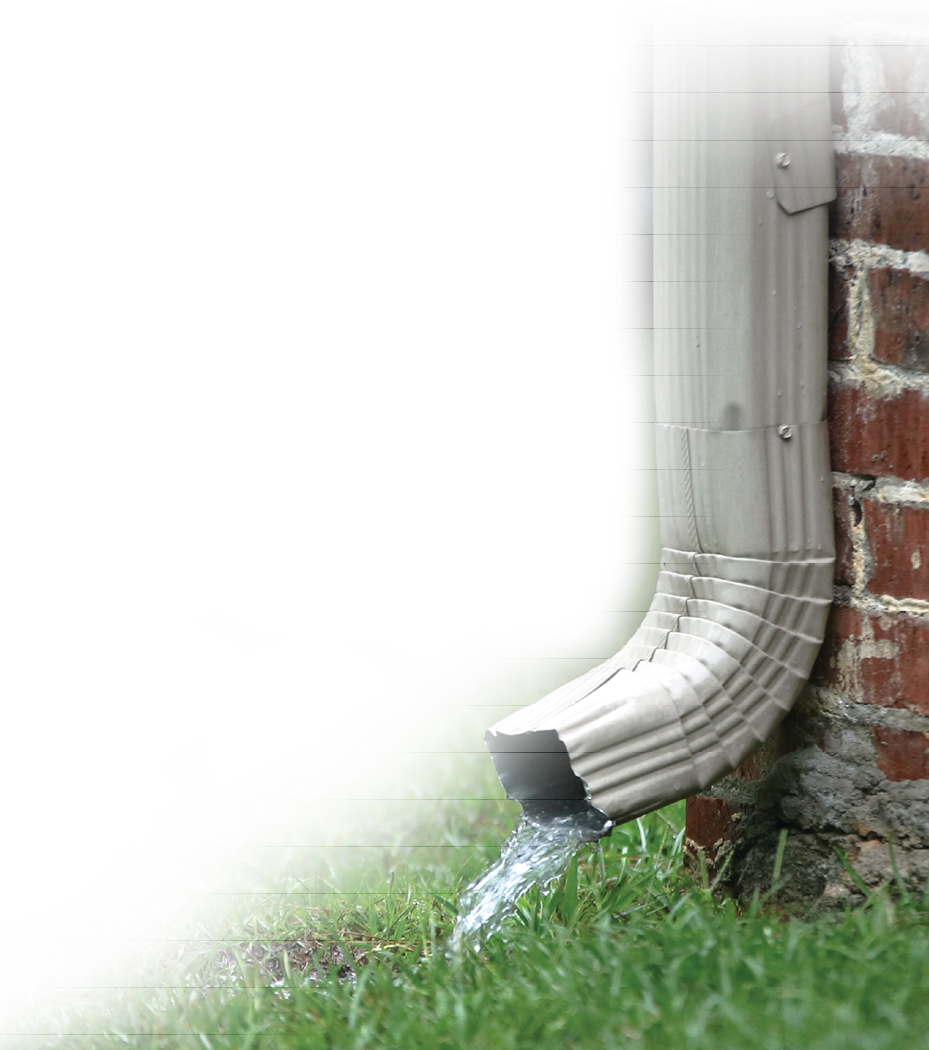Maintain Your Drain!
Read How You Can Help Save Your Pipes...and Help Keep Our Wastewater Rates Low
NEVER POUR FATS, OIL Or GREASE (FOGs) DOWN THE DRAIN!
FOGs coagulate and coat drain pipes, which can back up wastewater into your home, and block our sewer mains. FOGs include:
- Meat/Fish Fats & Drippings
- Salad Dressings, Sauces, Marinades, Pesto, BBQ
- Dairy Products
- Vegetable/Cooking Oils & Lard
- Margarine, Butter & Mayo
- Food Grade or Petroleum Lubricants
- Soups, Stews & Chowders

What do you do with FOGs instead of pouring them down the drain? Wipe out your pans after cooking, and pour any liquid oils into cans. Then place in the trash when cooled.
Keeping FOGs out of your drain will protect your pipes and septic system, and cut the costs GAUD needs to spend on grease removal, equipment, and infrastructure.
COMPOST FOOD SCRAPS + OTHER ORGANICS
Don’t flush or put down the drain any food scraps or other organic material, even if you have a garbage disposal. Instead, put all scraps and other organics in the trash, or compost them.
This applies to animal wastes, bedding or litter, too. The one exception, of course, is to flush human waste down the toilet.

DON’T FLUSH WIPES OR OTHER INORGANICS
Despite their claims, baby (and other) wipes are not biodegradable or “flushable.” They are the single most destructive product to a wastewater treatment or septic system. Wipes gather grease and form tough strands that clog pumps and other components—which costs GAUD thousands of dollars each year. And guess who ends up paying for that?
Other inorganics can be even worse: bandages, dental floss, feminine products, soil, birth control items, diapers, Q-tips and needles all clog pipes...while medicines, paints, pesticides, fertilizers, gas and oil can pollute our waterways.
Remember, never flush baby wipes or inorganics down the toilet or drain!

KEEP WATER FROM SUMP PUMPS + GUTTERS OUT OF THE SEWER SYSTEM
It is illegal to allow non-sanitary water from any sump pump, cellar drain, roof drain, perimeter drain or other plumbing to enter the wastewater collection system.
Why? Three reasons:
- The extra “clean” water costs a lot of money
to treat; - It overwhelms our treatment plant, causing solids to be washed overboard; and
- It can bring contaminants into our plant from burst heating tanks, flooded basements, or contaminated soils.
